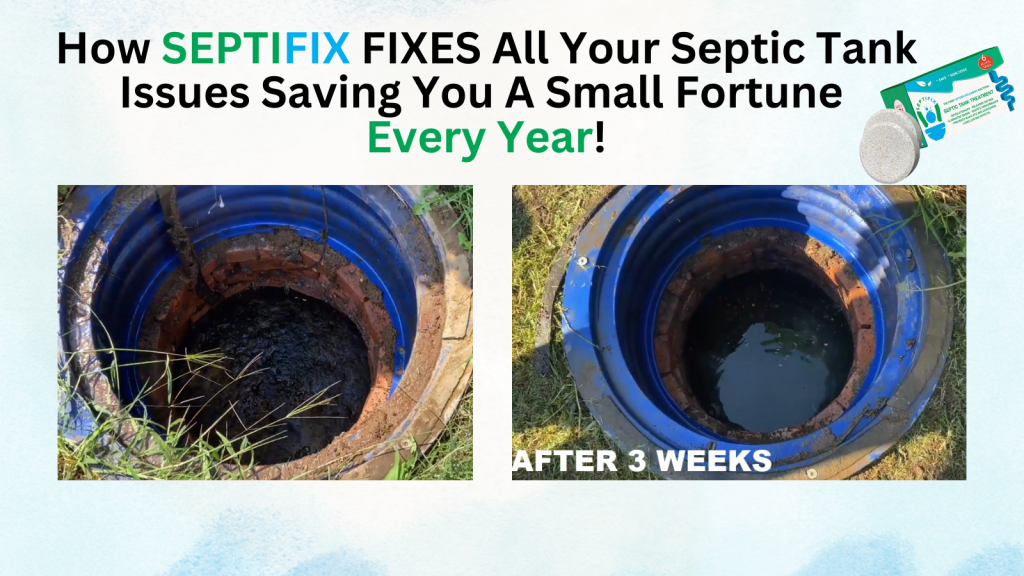If you’re looking to enter Oregon’s growing onsite wastewater industry, getting your Oregon septic installer license is the first step. This license allows you to legally install, repair, and sometimes maintain septic systems throughout the state. Whether you’re starting a new business or joining a local septic service company, understanding the licensing process is essential. This guide walks you through the requirements, steps, and resources to get certified.
Table of Content
- Why You Need an Installer License in Oregon
- Types of Septic Licenses in Oregon
- Steps to Get an Oregon Septic Installer License
- Helpful Resources
- Tips for New Septic Installers
- Septic Permit Links by State
Why You Need an Installer License in Oregon
Installing a septic system in Oregon isn’t as simple as digging a hole and laying pipes. The state regulates onsite wastewater systems closely to protect public health and the environment. Here’s why getting licensed matters:
- Legal Compliance: You must have a valid license to install or supervise installations in Oregon.
- Job Opportunities: Licensed installers are in demand across rural and suburban communities.
- Environmental Responsibility: Proper installation helps prevent groundwater contamination and system failures.
Types of Septic Licenses in Oregon
The state of Oregon offers multiple levels of licensing under its Department of Environmental Quality (DEQ):
1. Basic Septic Installer License
This is the entry-level license for individuals who want to install standard septic systems.
2. Supervising Installer License
Holders can supervise other workers and are responsible for ensuring that work meets state and local codes.
3. Installer License with Additional Endorsements
These may include authorizations to install alternative treatment technologies or repair failing systems.
Steps to Get an Oregon Septic Installer License
1. Meet the Basic Requirements
To apply, you must:
- Be at least 18 years old
- Have a valid photo ID
- Have a high school diploma or equivalent (recommended but not always required)
2. Take the Required Training
Oregon DEQ requires all installer applicants to complete an approved septic installer training course. These are often offered by:
- Oregon Onsite Wastewater Association (O2WA)
- Local community colleges
- Environmental training centers
Courses cover key topics like:
- Soil and site evaluations
- System components and design
- Installation techniques
- State codes and inspection processes
3. Pass the Licensing Exam
After training, you’ll take a DEQ-administered exam. The test includes both written and practical components. Topics include:
- Oregon Administrative Rules (OARs)
- Design plans and permits
- Installation best practices
- Troubleshooting issues
4. Apply Through DEQ
Submit your application, proof of training, and exam results to Oregon DEQ. There is a licensing fee, which varies slightly depending on the license type.
- DEQ contact: https://www.oregon.gov/deq
5. Renew and Maintain Your License
Installer licenses must be renewed periodically (usually every 3 years), and continuing education may be required.
Helpful Resources
- Oregon DEQ Onsite Program: https://www.oregon.gov/deq/wq/Pages/Onsite.aspx
- Oregon Onsite Wastewater Association (O2WA): https://www.o2wa.org
- Training Opportunities: Check local colleges or O2WA for class schedules and workshops.
Contact Information
For more details, contact the Oregon Department of Environmental Quality (DEQ):
Website: www.oregon.gov/deq
Phone: (503) 229-5696
Email: deq.info@deq.state.or.us
Address: 700 NE Multnomah Street, Suite 600, Portland, OR 97232
Tips for New Septic Installers
- Shadow a Licensed Pro: Hands-on experience is one of the best ways to learn.
- Understand Local Regulations: Counties may have stricter requirements than the state.
- Network at Industry Events: O2WA conferences and training events are great places to build connections.
Conclusion
Getting your Oregon septic installer license opens the door to a solid, hands-on career in a field that’s essential to rural and off-grid communities. The process requires training, testing, and some paperwork—but the investment is well worth it.
Ready to get started? Visit Oregon DEQ’s Onsite Program page or enroll in an upcoming installer training course today!










